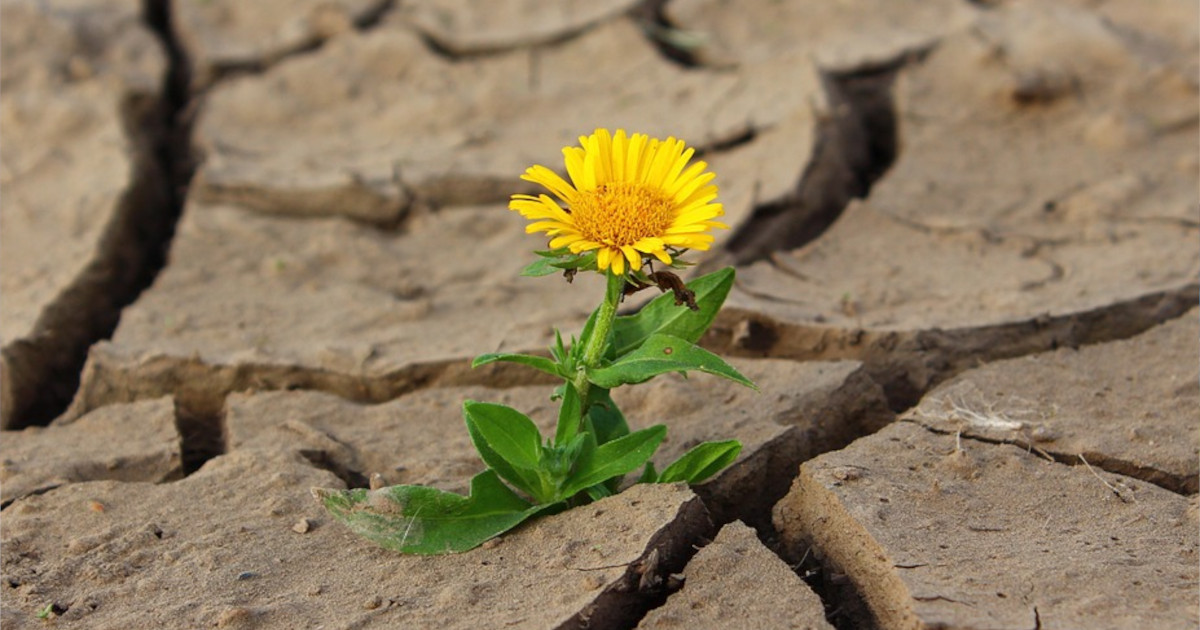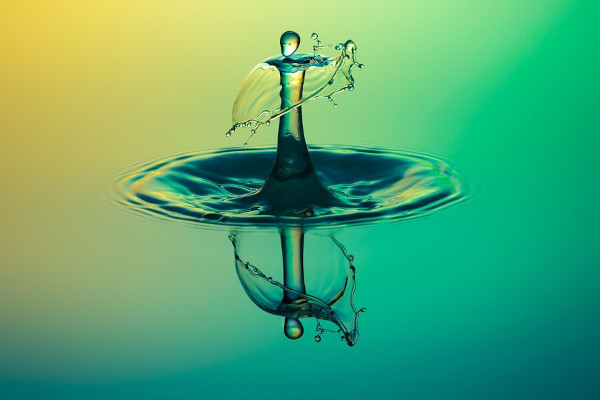Featured Information

Population growth has a significant impact on water shortages as it directly affects water demand. The increase in population puts additional strain on water resources, potentially leading to scarcity or inadequate supply. Here are some key ways in which population growth impacts water shortages:
First, Increased Water Demand
As the population grows, there is a higher demand for water in various sectors, including domestic, agricultural, and industrial use. More people require water for drinking, sanitation, cooking, and other household activities. Additionally, a growing population necessitates more food production, which in turn requires increased water for irrigation. Industrial activities and commercial enterprises also require water for manufacturing processes and other operations. The cumulative effect of increased water demand due to population growth can deplete available water resources and contribute to water shortages.
Second, Stress on Local Water Supplies
Population growth often leads to urbanization and the development of new residential and commercial areas. This expansion puts pressure on local water supplies, particularly in regions where water resources are already limited. Increased extraction from rivers, lakes, and aquifers can lead to overuse and depletion of these sources, exacerbating water scarcity. In some cases, it can result in the drying up of water bodies or lowering of groundwater levels, affecting both the quantity and quality of available water.
Third, Strain on Infrastructure
A growing population necessitates the development and maintenance of water infrastructure, including water treatment plants, distribution networks, and wastewater management systems. Inadequate infrastructure to meet the demands of a larger population can lead to water shortages. Insufficient investment in infrastructure may result in leakages, inefficient water distribution, and inadequate storage capacity, further exacerbating water scarcity issues.
Fourth, Impact on Ecosystems
Water shortages resulting from population growth can have detrimental effects on natural ecosystems. Reduced water flow in rivers and streams can disrupt aquatic habitats, affecting fish and other aquatic species. Lower groundwater levels can impact wetlands and vegetation dependent on groundwater sources. Inadequate water supply can also affect wildlife and their access to water resources. Furthermore, the ecological imbalance caused by water scarcity can have cascading effects on biodiversity and the overall health of ecosystems.
Fifth, Need for Water Management Strategies
Population growth necessitates the development and implementation of effective water management strategies. These strategies include water conservation practices, efficient irrigation techniques, and the identification of alternative water sources. Managing water resources sustainably becomes crucial to meet the increasing demands of a growing population and mitigate water shortages. It requires collaboration among various stakeholders, including government agencies, water authorities, communities, and individuals.
Addressing the impacts of population growth on water shortages requires a comprehensive approach that combines population management, sustainable water use practices, and investment in water infrastructure. Promoting water conservation, encouraging efficient water use behaviors, and implementing policies that prioritize sustainable water management can help mitigate the impacts of population growth on water shortages and ensure long-term water security.


